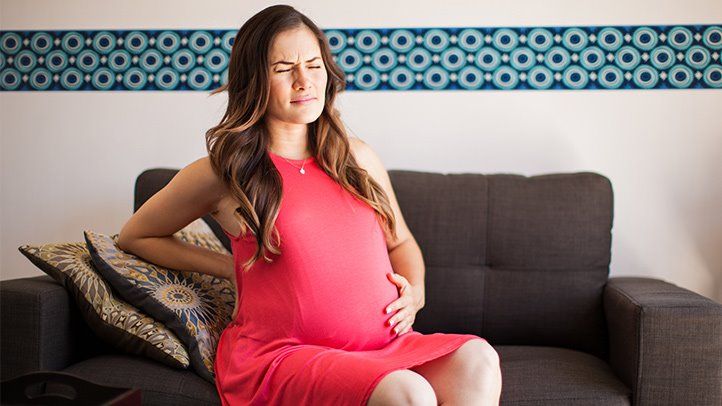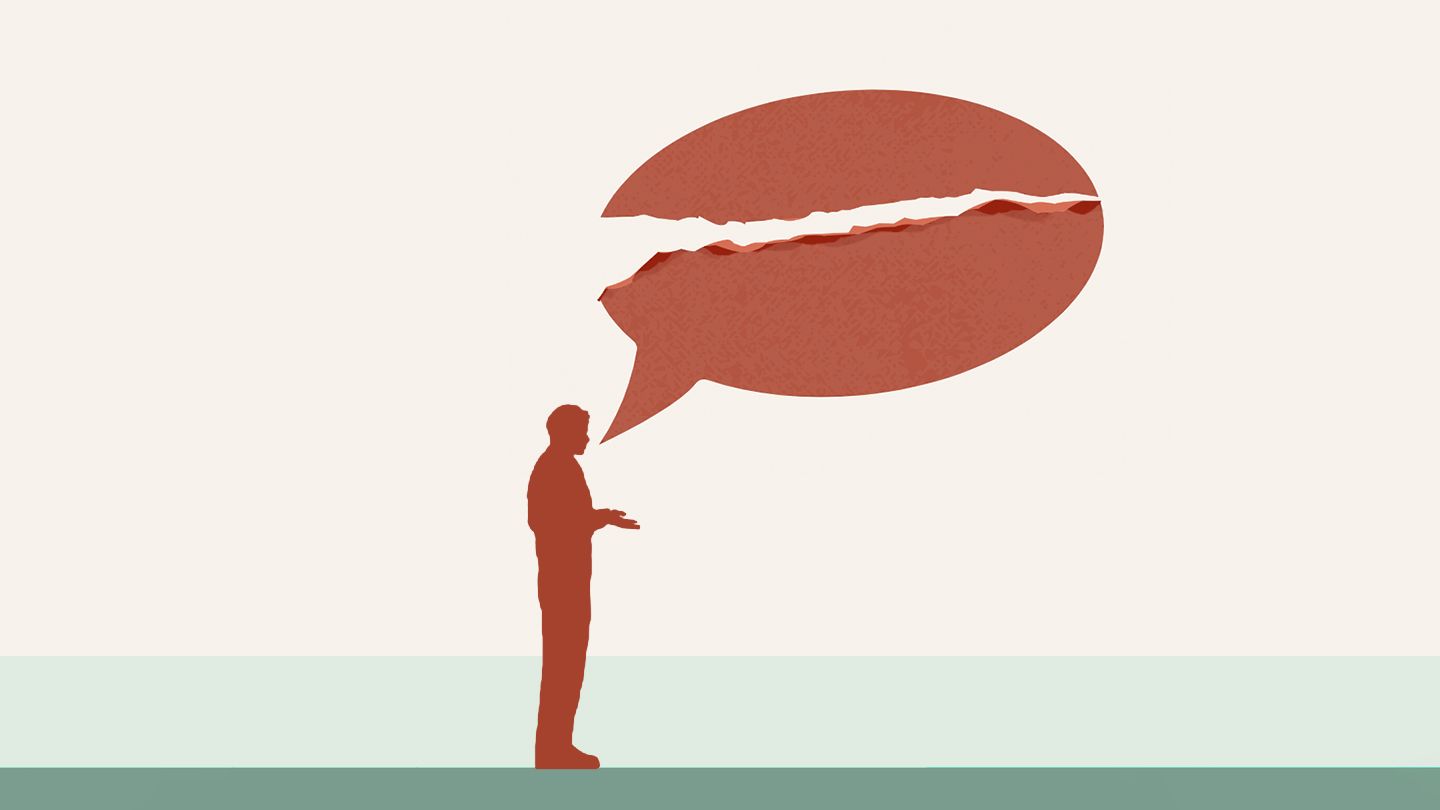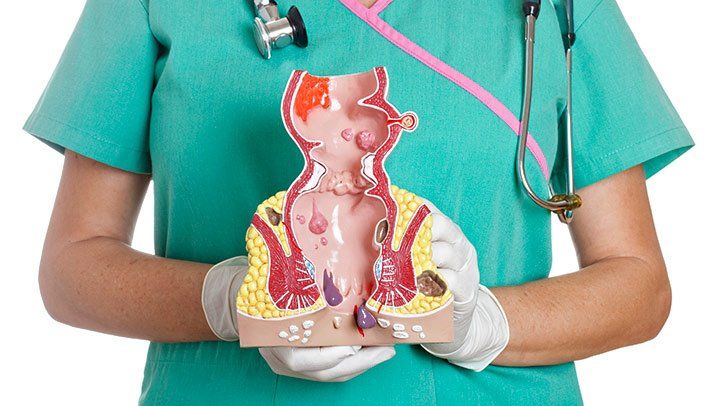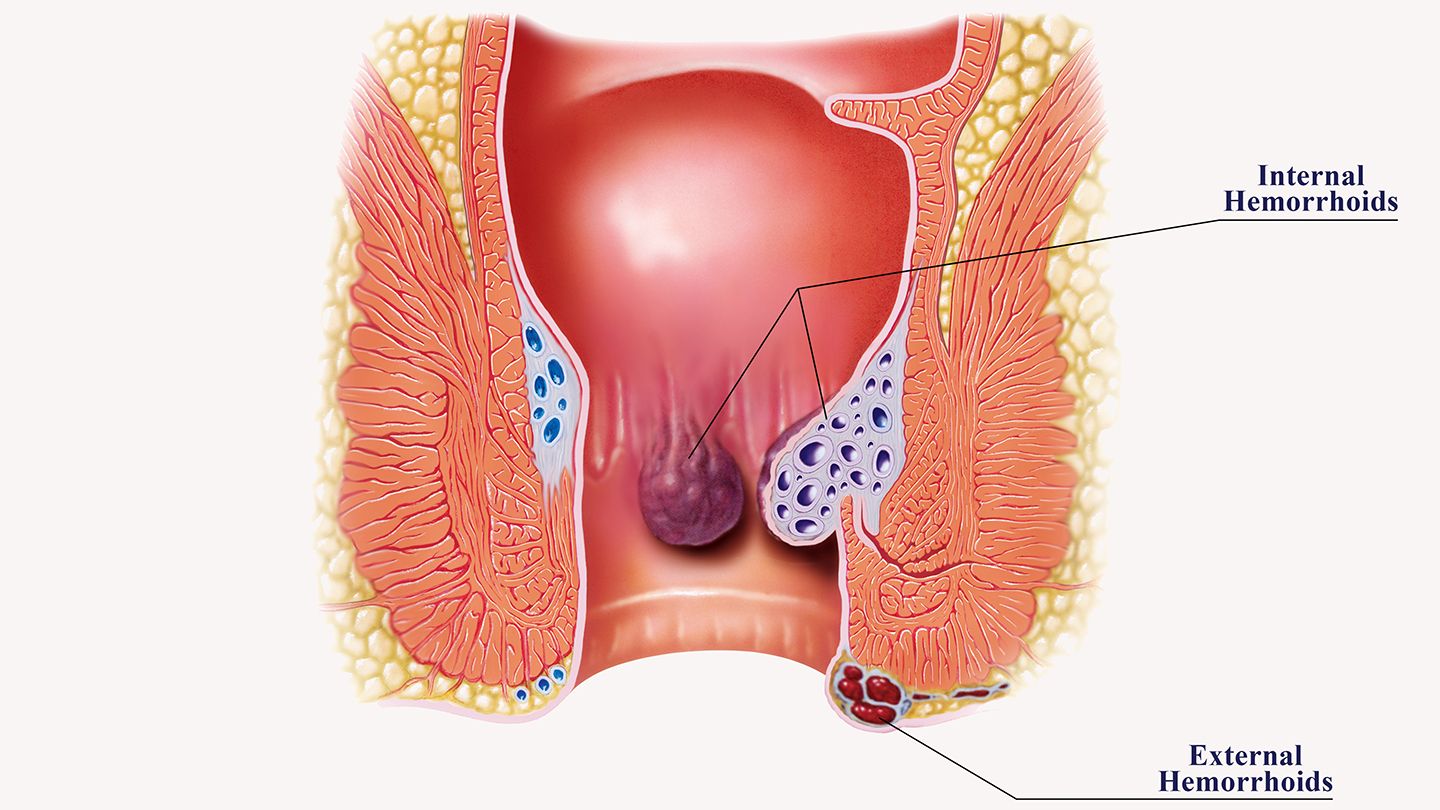The Relationship Between Kidney Stones and Hemorrhoids
Kidney stones and hemorrhoids are two very common and often painful health conditions. But is there any relationship between the two? Can developing kidney stones increase your risk for hemorrhoids, or vice versa? There are some overlaps in causes and risk factors that suggest kidney stones and hemorrhoids may be connected in some cases.
What Are Kidney Stones?
Kidney stones form when minerals and salts in the urine crystalize into stone-like deposits. These stones can range from very small to quite large, even the size of a golf ball in some cases. Kidney stones often don't cause any symptoms until they start traveling down the urinary tract. Once they move from the kidney down toward the bladder and urethra, they can cause severe pain in the back, abdomen, groin and when urinating.
What Causes Kidney Stones?
There are a few key risk factors that make someone more prone to developing kidney stones:
- Dehydration - Not drinking enough fluids is a top cause of stones.
- Diet high in oxalates - Oxalate is found in many plant foods.
- High protein, sodium and sugar intake
- Obesity
- Gastric bypass surgery
- Digestive conditions that affect nutrient absorption like Crohn's or celiac disease
- Family history of kidney stones
What Are Hemorrhoids?
Hemorrhoids refer to the veins located around the anus or lower rectum region that have become inflamed and swollen. There are two main types - internal and external hemorrhoids:
- Internal hemorrhoids occur inside the rectum and often aren't noticeable until they bleed during a bowel movement.
- External hemorrhoids protrude outside the anus and are covered by sensitive skin that can cause significant pain and itching. They may also bleed.
What Causes Hemorrhoids?
There are several factors that contribute to developing hemorrhoids:
- Chronic constipation and straining during bowel movements
- Sitting for prolonged periods
- Low fiber diet
- Obesity
- Pregnancy
- Heavy lifting
The Link Between Kidney Stones and Hemorrhoids
When looking closely at the common causes and risk factors behind kidney stones and hemorrhoids, you can see there is definitely some overlap. Dehydration, low fiber diets, obesity and digestive issues seem to be tied to both conditions. So how exactly are kidney stones and hemorrhoids connected?
Hemorrhoids Caused by Passing Kidney Stones
One of the biggest links between kidney stones and hemorrhoids is the act of passing kidney stones itself. Trying to pass a tiny stone through your urinary tract and urethra can be incredibly painful and take a lot of physical straining. All this intense pressure can easily lead to strained blood vessels in the anus and rectum, causing hemorrhoids.
The intense pain of kidney stones can also cause people to sit on the toilet for long periods of time straining and waiting to pass a stone. Sitting for prolong periods is a top risk factor for developing hemorrhoids too.
Obesity
Carrying around excess weight puts more pressure on veins both inside and outside the body. Obesity and being overweight leads to increased hemorrhoid risk and also kidney stone risk. Maintaining a healthy weight is one way to potentially avoid both conditions.
Digestive Diseases
Often the same digestive system issues that make passing kidney stones more likely can also set the stage for hemorrhoids. For example, inflammatory bowel diseases and celiac disease are linked to both kidney stone formation and hemorrhoids in some patients due to improper absorption of key nutrients.
Dehydration
Not getting enough fluids in your diet is the number one cause of kidney stones. But chronic dehydration also leads to harder, more difficult to pass stools which require straining - and straining then causes hemorrhoids. Making an effort to drink the recommended 6-8 glasses of water per day may help prevent both stones and hemorrhoids.
Low Fiber Diets
Diets low in fiber, fruits and vegetables often lack key fluids and nutrients the body needs. They also lead to harder, drier stools. This combination means low fiber diets tend to contribute to higher rates of both kidney stones and hemorrhoids for many people.
Getting Relief From Kidney Stones and Hemorrhoids
Suffering from the intense and all-consuming pain of kidney stones or uncomfortable hemorrhoids? Try these proven home treatments for relief from both conditions:
Stay Hydrated
Drinking plenty of water and fluids like herbal teas helps flush out your system and makes stones, and bowel movements, easier to pass. Shoot for 6-8 glasses minimum per day.
Take Warm Sitz Baths
A warm shallow bath for the buttocks and hips area, called a sitz bath, helps relax muscles and increase blood flow to reduce swelling and soothe pain from kidney stones, hemorrhoids or both.
Apply Cold Compresses
For hemorrhoid pain and swelling relief, wrap some ice cubes with cloth and apply to external hemorrhoids off and on for 15 minute intervals.
Consider Over-the-Counter Creams
Look for hemorrhoid creams with ingredients like hydrocortisone, witch hazel or phenylephrine to reduce swelling, pain and itching quickly.
Increase Fiber Intake
Eat plenty of fruits, vegetables, beans, nuts and seeds every day to help avoid constipation and make passing kidney stones less painful.
When to See a Doctor
While home treatments can help provide relief for uncomplicated kidney stones and hemorrhoids, it's important to know when to see a doctor. Contact your physician if:
- You aren't able to successfully pass a kidney stone and the pain becomes unbearable
- You have a high fever and chills along with kidney stone symptoms that signal infection
- Hemorrhoid pain and swelling gets significantly worse or bleeding is heavy
- Hemorrhoid symptoms last longer than 1-2 weeks despite home treatments
Catching complications early can help minimize kidney and hemorrhoid damage, the need for surgery and improve the chances of successful treatment.
Take Steps to Prevent Kidney Stones and Hemorrhoids
Making some proactive lifestyle changes can go a long way towards avoiding repeat or chronic issues with kidney stones and hemorrhoids:
- Drink plenty of fluids - especially water
- Eat a fiber rich diet with lots of plant foods
- Maintain a healthy weight
- Take regular activity or exercise breaks if sitting for long periods
- Consider supplements like citrate to inhibit kidney stone development
- Don't delay bowel movements - go when needed
Paying attention to adequate hydration, nutrition and healthy bathroom habits makes preventing recurrence of kidney stones, hemorrhoids or both much more possible.
FAQs
Can kidney stones actually lead to hemorrhoids?
Yes. The intense pressure and straining involved in trying to pass a kidney stone can overtax blood vessels in the rectum and anus, causing them to swell into hemorrhoids.
If I have hemorrhoids, does that increase my risk for kidney stones?
Not necessarily. But some underlying causes of hemorrhoids, like chronic constipation and poor hydration, can increase risk for developing kidney stones over time.
Should I see a doctor for hemorrhoids caused by kidney stones?
It's always smart to have new hemorrhoid symptoms evaluated, especially bleeding hemorrhoids. Your doctor can rule out more serious conditions with an exam and treat persistent hemorrhoids.
How can I avoid getting hemorrhoids from kidney stones?
Preventing kidney stones with good hydration, diet and exercise is the best way. Also avoid straining excessively and take sitz baths and over-the-counter creams to treat hemorrhoids caused by passing stones.
Disclaimer: This article is for informational purposes only and does not constitute medical advice. Always consult with a healthcare professional before starting any new treatment regimen.
Related Coverage
Understand the potential risks and realities of pushing or straining during bowel movements in an attempt to induce labor. Learn safe strategies for managing hemorrhoids and constipation during pregnancy....
Learn about hemorrhoid symptoms, causes, home treatments, and when to consider hemorrhoid banding at home. Get step-by-step instructions on how to use a home hemorrhoid banding kit....
Learn the top anal bump causes, from hemorrhoids to warts, and know when to seek medical help. Tips for relief and prevention....
Abortions often cause constipation after from hormones, dehydration and medications. Tips to relieve and prevent painful post-abortion constipation at home safely....
Don't let others limit you with labels, stereotypes and comparisons. Heal past pain, build confidence, follow passions - you are meant for greatness....
Learn how mild soap & water can aid hemorrhoid relief alongside creams, wipes & sitz baths. Discover other proven home treatments plus prevention methods....
Hemorrhoids are very common and can cause anal itching, pain, and bleeding. Learn about causes, symptoms, diagnosis, and medical and at-home treatment options....
Many pregnant women safely bowl with proper precautions like using lighter balls, appropriate shoes, hydrating, and avoiding smoke-filled alleys. Learn expert advice on bowling while pregnant....
If you spot something resembling a kidney bean in the toilet after a bowel movement, it likely signals protruding hemorrhoids. Learn what causes them and treatment options....
Wondering what hemorrhoid surgery recovery is like day-by-day? See photos and get the facts on pain, activity, bowel movements, and more for each stage of healing after hemorrhoid procedures....






